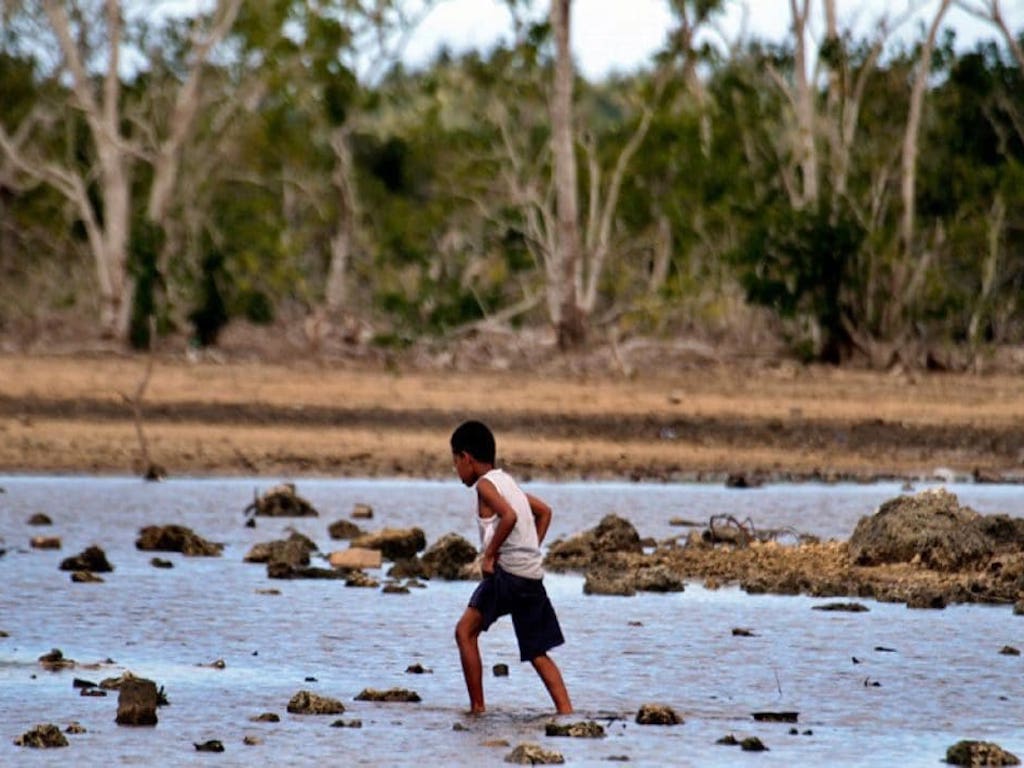3 Mins Read
While the effects of climate change will undoubtedly be felt all around the world, it will have the most devastating impact on Asia and the Pacific, home to roughly 60% of the global population. Extreme weather events, such as prolonged dry spells and flooding, as well as rising sea levels from global warming, are already affecting the region. Unabated climate change will cause even more frequent climate disasters, triggering massive economic losses and migration. It is high time to wake up to the single biggest emergency the Asian Pacific region is facing – climate change – and start resetting the entire system to combat it.
We have already seen repeated calls for climate action in the recent months. Global climate movements have taken off, predominantly led by the younger generation with now-famous Greta Thunberg at the helm to organise weekly FridaysForFuture strikes and the upcoming September series of Global Climate Strikes. International bodies have reiterated time and time again that systematic change needs to happen now, from the United Nations’ IPCC landmark report summoning an overhaul in land management and food production to the Global Commission on Adaptation (GCA) calling for trillions to be invested in climate resilience measures. Yet climate change continues to worsen, with ever-rising temperatures triggering heatwaves across Europe and the United States, wildfires engulfing Siberia and Russia and widespread deliberate deforestation occurring in the Amazon and Indonesia.
Climate change will no doubt have a colossal impact that can be experienced all around the world, but it will be most strongly felt right here at our doorstep in Asia and the Pacific. In Southeast Asia, typhoons and floods are becoming more frequent and intense, which affects the 640 million people inhabiting these low-lying areas and coastlines, according to an IMF report in 2018. With continually higher temperatures causing rising sea levels, many will be forced to move in the coming years, triggering migration-associated conflicts at both the national and subnational level. In a Global Climate Risk report by environmental group Germanwatch, Vietnam, Myanmar, the Philippines and Thailand are already among the top 10 countries that have borne the brunt of climate change in the past two decades. The Asian Development Bank (ADB) also estimated in 2015 that Southeast Asia will suffer bigger losses than other regions, with 11% of GDP predominantly made up of the agricultural, tourism and fishing sectors threatened by climate change events.
South Asia will also face severe challenges posed by the escalating climate crisis. The monsoon floods that shocked Kerala last year was the worst the Indian state experienced since 1924. The International Union for Conservation of Nature (IUCN) points out that many South Asian cities and areas are at particularly vulnerable, due to its sheer population, geographical attributes and less developed resilience infrastructure. In a study focusing on this region, the ADB in collaboration with the Potsdam Institute for Climate Impact Research (PIK) revealed that climate change threatens to reverse development gains, severely degrade the quality of life and cause food and water shortages. The figures are worrying: floods and droughts can cut Southern Indian rice yields by 5% by 2030, and storm surges can displace as many as 130 million people in low-lying coastal zones in India, Bangladesh and Indonesia. The latest report by the World Resources Institute (WRI) on water stress also warns that water shortages are likely to plague India, Pakistan and Turkmenistan.
We must disrupt the business-as-usual approach that has prevailed over the years, despite mounting evidence about the worst impacts of climate change coming for Asia and the Pacific. If we are to have a chance at saving the planet, an entire structural overhaul – from our food system to adaptation infrastructure and our daily habits – has to happen now.
This article is a part of Green Queen’s collaboration in the Covering Climate Now project, a week-long initiative to raise global awareness of our planet’s climate emergency.
Lead image courtesy of Ideas For Development (ID4D).



